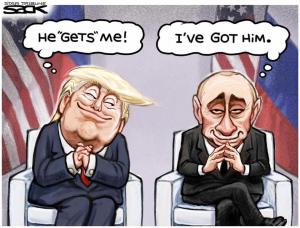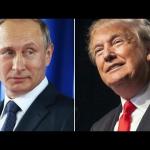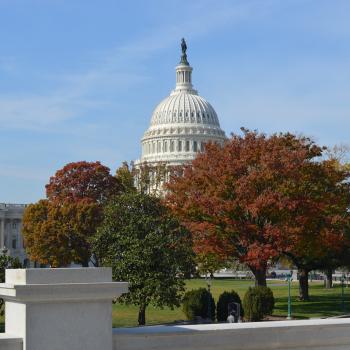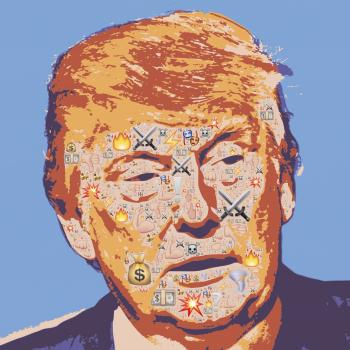I’m just saying, there’s a lot of Russian smoke going on here.
So on Friday, The New York Times revealed that in the days following President Trump’s firing of FBI Director James Comey, the circumstances surrounding that firing so disturbed federal law enforcement officials, that they began an investigation into whether he was actually working for Russia, against the United States.
From the NYT piece:
The inquiry carried explosive implications. Counterintelligence investigators had to consider whether the president’s own actions constituted a possible threat to national security. Agents also sought to determine whether Mr. Trump was knowingly working for Russia or had unwittingly fallen under Moscow’s influence.
The investigation the F.B.I. opened into Mr. Trump also had a criminal aspect, which has long been publicly known: whether his firing of Mr. Comey constituted obstruction of justice.
Here’s the thing: as a new president, Trump didn’t need a reason to fire Comey. He could have simply said he wanted to choose his own appointee for that position, and that would have been fine.
What he did, afterwards, however, is what got special counsel Robert Mueller involved.
After putting out a statement that Comey was fired, due to his handling of the case of Hillary Clinton’s emails, Trump appeared with NBC News’ Lester Holt and said that he fired the director because of the “Russia thing.”
“I was going to fire Comey knowing there was no good time to do it,” he said. “And in fact, when I decided to just do it, I said to myself — I said, you know, this Russia thing with Trump and Russia is a made-up story. It’s an excuse by the Democrats for having lost an election that they should’ve won.”
At this point, then-Attorney General Jeff Sessions had recused himself from the Russia probe, putting Deputy Attorney General Rod Rosenstein in charge.
Rosenstein, after considering the gravity of the situation, appointed Mueller to handle a separate investigation.
Further, shortly after dismissing Comey, the new president entertained several Russian officials, Russian foreign minister Sergei Lavrov and Russian ambassador Sergei Kislyak in an Oval Office meeting that was closed to the American press, but not the Russian press.
That is only the tip of the iceberg, when it comes to President Trump’s gentle behavior with the Russians.
The Washington Post has released a report on the heels of the story from the New York Times, detailing how Trump has repeatedly, and at great lengths, sought to keep even senior administration officials from knowing what has been said in his meetings with Russian President Vladimir Putin.
After meeting with Putin in Germany in 2017, Trump reportedly took notes from his own interpreter and instructed them not to discuss the contents of the conversation with other administration officials. This is just one example of what Miller reports is “a broader pattern” of Trump shielding his communications with Putin from the public as well as senior government officials — a pattern that has resulted in there being “no detailed record” of his face-to-face meetings with the Russian leader at “five locations over the past two years.”
Remember that 2-hour, closed door meeting with Putin in Helsinki last year?
Nobody knows what was discussed but Putin, Trump, and the interpreters.
What we do know is that Trump emerged from that meeting and threw our nation’s intelligence community under the bus, taking the side of Putin and Russia, in regards to their interference in the 2016 election.
More recently, Trump openly declared that the USSR was “right” to go into Afghanistan in 1979, a narrative that hands a moral victory, if not an actual victory, to Russia, 30 years after the Cold War’s end.
It was also a narrative tailored for and by the Putin regime. The very next day, Putin echoed Trump’s words back to the world.
I’m going to say here that if federal authorities have anything on Trump from that initial investigation after Comey’s firing, they’re apparently not willing to move on it. They may be leaving the heavy lifting to Mueller’s team.

We all should be concerned, however, in light of what we know about the lengths Trump has gone to, in order to prevent transparency, when it comes to his discussions with our greatest geopolitical foe.










